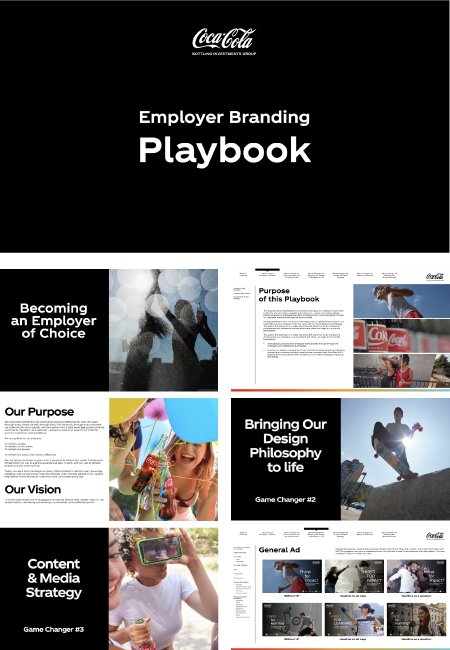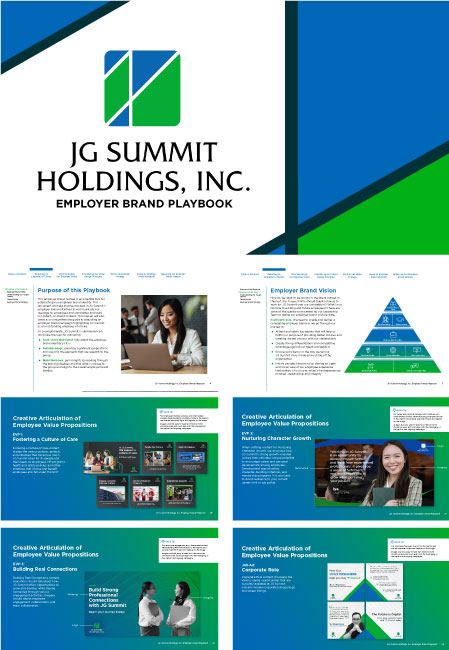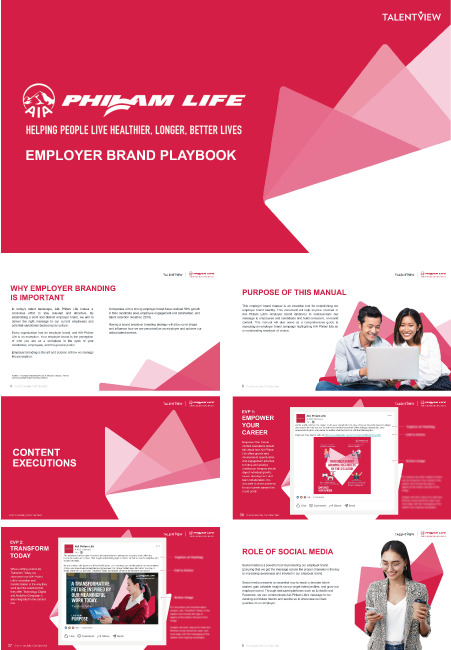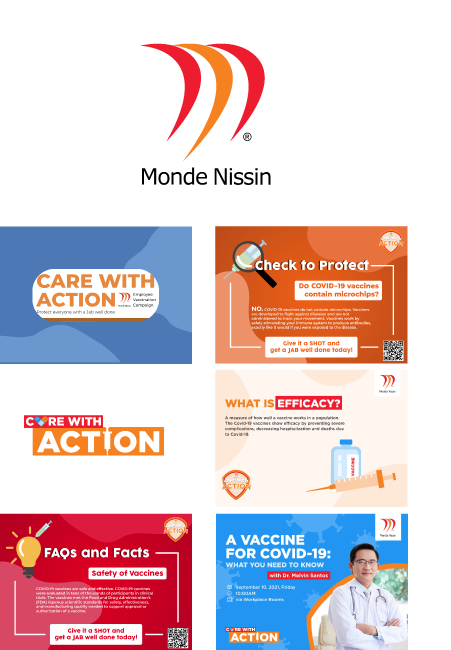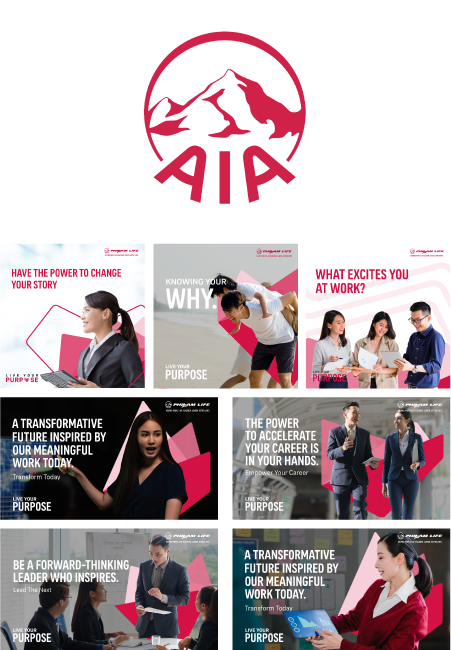YOUR PERSONALITY AT WORK MIGHT RUIN YOUR CAREER
How Your Personality Can Work Against You
Performance may be driving your career milestones, but your personality at work could ruin that progress at any moment.
Professional success is often measured by high intelligence: both IQ and emotional – coupled with an active ambition and leadership potential.
While these characteristics are seemingly good and highly sought after, they all come with a dark-side that belongs to some of our deepest, hidden weaknesses. If left unchecked, they may ruin careers and businesses alike.
The Dark Sides of Personality
The Hogan Development Survey (HDS; Hogan & Hogan, 1997) categorizes 11 qualities, each with a “dark-side”, like common personality disorders, such as paranoia and narcissism. They are:
- Bold: Overly self-confident, entitled, with an high sense of self-worth
- Cautious: Unassertive, resistant to change, slow to make decisions
- Colorful: Dramatic, attention seeking, tends to interrupt rather than listen
- Diligent: Meticulous, precise, detail-oriented
- Dutiful: Eager to impress other people, reluctant to act independently or express disagreement
- Excitable: Moody, easily annoyed, hard to please, emotionally unstable
- Imaginative: Thinks and acts in unusual or eccentric ways
- Leisurely: Cooperative but privately irritable, stubborn, uncooperative
- Mischievous: Risk-taking, limit-testing, excitement-seeking
- Reserved: Aloof, indifferent to others’ feelings
- Skeptical: Distrustful, cynical, sensitive to criticism, focused on the negative
A survey of millions of employees, managers and leaders revealed that practically all of us display at least 3 of these dark-side traits.
Furthermore, 40% are in the danger zone of displaying pervasive dysfunctional behavior in the workplace, as they placed sufficiently high in a single trait or combination of two traits.
Even Leaders Have Dark-Side Personalities
Leaders in particular show an uncomfortable trend of poor self-awareness when it comes to their own dark-sides and understandably so, given their career advancement and success can often be a feedback loop for those very qualities.
- Cautious leaders may comprehensively assess risk and maintain control, but when taken to the extreme can avoid taking necessary risks altogether.
- Excitable leaders often display passion and inspire delegates, but at the same time can be high maintenance and unstable.
- Diligent leaders have excellent attention to detail, however the constant search for perfection inevitably manifests as procrastination.
3 Clusters of Dark Side Traits
Dark-side traits are further divided into three clusters:
- Distancing: Cautious, Excitable, Leisurely, Reserved, Skeptical
- Seductive: Bold, Colorful, Imaginative, Mischievous
- Ingratiating: Diligent, Dutiful
Distancing traits are clear turnoffs that reduce the amount of our social interactions, as effects in the professional environment closely mirror those in a casual environment. For example, being too leisurely can look like a lack of interest, while an overly excitable person can push others away with high-highs followed by low-lows.
The seductive cluster is quite the opposite – designed to attract others and bring them close. Often found within natural born leaders possessing an abundance of charisma, these traits inevitably lead to a great first impression. The negative side, while not apparent at first may reveal itself overtime, such as arrogance, overconfidence or manipulativeness over charm.
The final cluster of ingratiating traits is synonymous with the desired qualities of a Beta person. Being diligent and dutiful is all subject to the co-existence of a leader that an ingratiating follower loves to please. Although we can’t all be leaders, displaying leadership is paramount to a career with no limits.
How Do You Change Behaviors?
Personalities are part of who we are, and research suggests it’s difficult to change the core aspects after age 30. But it can be done! The key is to focus on your behavior and the way you react. After all, your personality is only conveyed to others through interaction. Through self-awareness, appropriate goal setting, and sheer persistence you can hedge your dark-side by transitioning from unconscious incompetence to unconscious competence.

- Unconscious incompetence to
- Conscious incompetence to
- Conscious competence, and eventually
- Unconscious competence
Manage Your Personality Weaknesses Instead of Eliminating Them
Even the best of us want to skip directly to step 4, but only through hard work and due process can that be achieved. Identify triggers to your behavior to modify it and always be open to feedback from your co-workers. Before you know it, your career will take off with your reputation earning the utmost of respect.
Ultimately, it’s a balancing act to successfully manage your personality weaknesses rather than eliminating them altogether. After all, by purging yourself of those weaknesses completely, you so too will relinquish the very strengths to begin with.
This article was originally written in: http://onassessment.com/2017/10/05/take-control-of-your-personality-before-it-takes-control-of-your-career/
Send a Sample Talegent Work Personality Report to your inbox

TalentView is a leading employer branding firm with a mission of elevating human capital standards across the ASEAN region. Working directly with business leaders in Fortune 1000 companies,TalentView’s solutions help create and maintain exceptional experiences to attract, engage and retain their talent. Partnering with key global players including Workplace from Meta, The Bot Platform, Talegent, Indeed, Glassdoor, and Hootsuite.
Uncover Your Brilliance with us!








